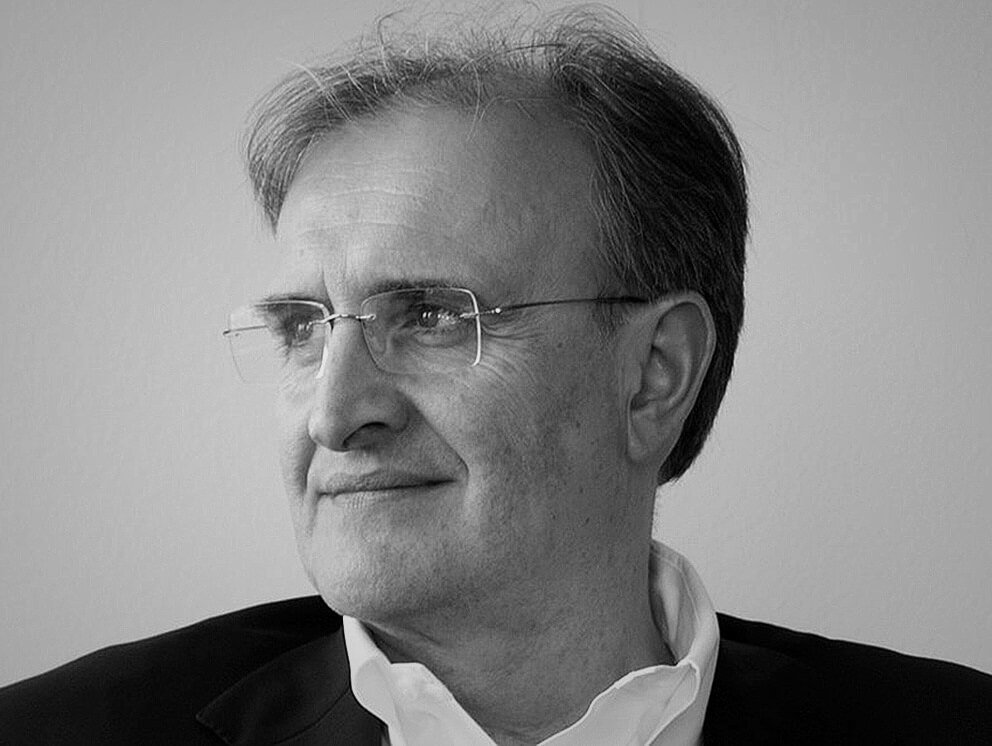[dropcap letter=”S”]
panish journalist Jordi Évole has sometimes admitted to having mixed feelings about interviewing people he admires. I agree with him. Conversations devoid of criticism hold no interest for anyone. Considering that I share and cherish his sober and straightforward weekly articles in La Vanguardia, I meet Xavier Marcet after tweeting several excerpts from his latest release Esquivar la mediocridad (Avoiding Mediocrity) (Plataforma Editorial): it would appear that nothing coming from him can surprise anymore. Far from it. In less than an hour, I bear witness to his ability of rethinking long-held thoughts and beliefs. According to Henry Chesbrough, professor at the UC Berkeley-Haas School of Business and ESADE Business School, Marcet is a bright man with “a curious and attentive mind that helps him shed light on deeper patterns, often hidden under everyday distractions of business life”.
Marcet’s career, a staunch defender of authenticity and liquid talent of organizations, is a consequence of his innate curiosity, that has led him to become, almost naturally, a startupper at the age of almost sixty. An innovation expert, Marcet suggested Anxo Armada, a professional with a prior expertise on setting startups into motion, to develop a product whose data would bridge the gap between technology and management. They then decided to create 8wires, a space of technological innovation to incubate and develop big data-based digital products. This technological talent hub has developed in a few months intensive knowledge projects such as LiveCities, an innovation platform started up through crowdsourcing, Worksbot, a virtual assistant that guides employees through executing processes and answering questions, and Security All, a smart firewall to protect devices in private homes and small-sized businesses.
As he quite rightly claims, this capacity to “unlearn”, apart from his own experience, has turned him into one of the best ambassadors of digital transformation. Marcet has developed international consulting services in over 20 countries in Europe and America, in such businesses as HP, Sony, Arauco, Grupo Suez, Repsol, Banc de Sabadell or Seat. Marcet presides over Lead to Change, a network of businesses dedicated to consultancy services on strategy and innovation, is the founder of Barcelona Drucker Society and gives numerous conferences on innovation and entrepreneurship. In theory, his formula is quite simple: “if you want to lead the digital transformation of an organization, first you need to transform yourself “. To avoid falling prey to frustration, “you need to counterbalance it by going from client to technology, and from culture to technology. Imposing technology ignoring the client and turning away from their business culture is a complete waste of resources. The best way to manage complexity is by increasing it”, he warns.
Despite his categorical statements, Marcet shows special sympathy for organizations with stronger difficulties to adapt to current times. In fact, he considers that “it is more difficult to transform a consolidated organization than to create a successful startup (no puny effort)”. To this end, he recommends stop living from past success stories and start asking questions and unlearn: “we’d better base our lives, not on past achievements but on thinking about changes. Living from past achievements is a philosophy that hampers transformation. We need to free ourselves from past achievements and be able to unlearn”.
Where is the key to that? Technology? No, the solution is the people. “The change will come from our clients and professionals. Transforming people is the difficult part: building a value proposition”, concludes Marcet. Likewise, in digital transformation, despite assuming that technology gets out of hand and escapes our understanding, people still hold the key to success.




















